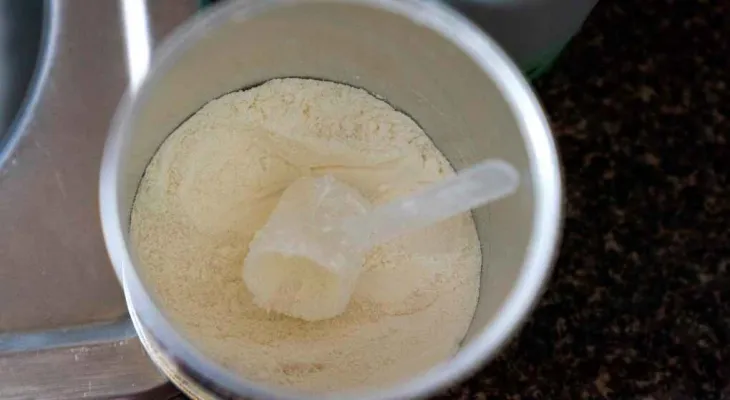Search here
Newspaper
Search here

Arab Canada News
News

Published: December 12, 2023
The same baby formula shortage that affected families across Canada and the United States in 2022 and 2023 also led to higher baby formula prices, retail expert Doug Stevens said on CTV’s Your Morning Tuesday program.
Data from Statistics Canada revealed that between September 2022 and September 2023, the price of formula increased by more than 20 percent, from $31 per container to $38 - a $7 increase, and Stevens said supply shortages are playing a role in the price hikes.
Stevens added that in February 2022, the Abbott Nutrition formula manufacturing plant in Michigan was shut down by the Food and Drug Administration following a formula product recall due to bacterial contamination.
Stevens said the plant was responsible for producing one of North America’s most popular baby formula brands, Similac, and its absence from the market has put pressure on supply and pricing.
Following the four-month plant closure, Health Canada issued a temporary policy to import steady supplies of formula from other countries, in addition to brands already available to Canadians, and Health Canada said in an online statement that these imports include new brands in the Canadian market.
Health Canada said that as of September 2023, the Canadian supply of regular formula is stabilizing, and that this policy has been extended until the end of 2024.
Stevens said the shortage highlights the fragility of the supply chain that depends on a single plant for a particular product, adding, “We as Canadians need to do a better job of ensuring that essential products like these, food and health products, we have the capacity to manufacture these products locally.”
Health Canada said in its statement that it will continue to work with manufacturers interested in producing baby formula locally in Canada.
Stevens went on to say that Royal Canada Milk, a plant in Kingston owned by the Chinese Feihe International group, produces baby formula in Canada and ships it to China.
“So there is an opportunity for the Canadian government to sit down with the owners of this plant and the Chinese government and try to come to something so that we can at least have this plant located in Canada supply Canadians with the product as well.”
Stevens also pointed to the “declining birth market,” where Canadians are no longer having children at the rates they used to.
He said the shortage raises the question of whether baby formula costs should be regulated and that more discussions should take place about infant health and nutrition security in Canada.
Comments